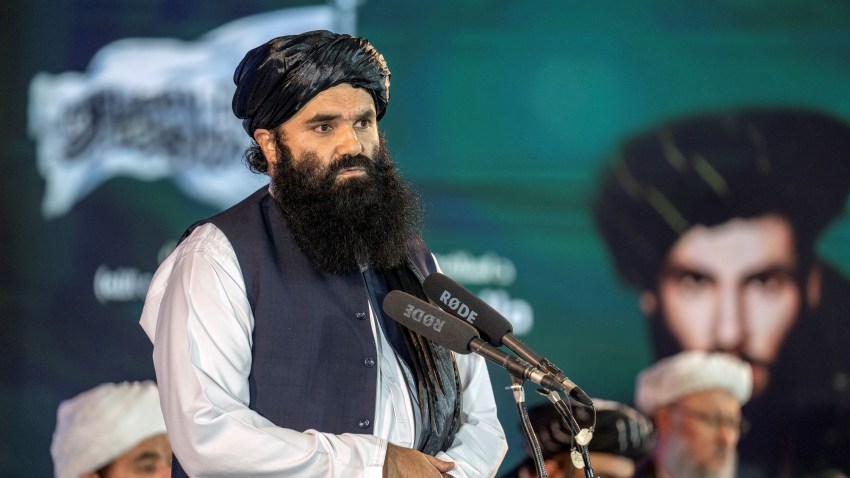The administration of U.S. President Joe Biden has quietly begun to soften Washington’s stance on the Taliban as a sponsor of terrorism, despite an authoritative report by United Nations experts in June 2023 noting the “strong and symbiotic” links between the Taliban, the Haqqani network, al-Qaida and other terror groups. Ongoing U.S. consultation with Taliban authorities at a technical level, based on the reality of the group’s physical control of Afghanistan, is necessary to advance specific and urgent interests, such as the release of U.S. hostages and out-migration of Afghans processed for U.S. residency. But additional and relatively senior overtures to Taliban leadership would require a shift in the policy landscape.
That may explain some actions taken by the Biden administration, such as proposing in September that the Taliban be removed as potential targets from congressional Authorizations for Use of Military Force legislation, or AUMFs. Other moves that would signal serious policy shifts are under consideration would be any efforts to water down U.N. sanctions targeting the Taliban when they are renewed in December 2023; reopening a U.S. diplomatic mission in Kabul; and delisting the Taliban as a Specially Designated Global Terrorist entity and the Haqqani network as a U.S.-designated Foreign Terrorist Organization.
One rationale for improving relations with the Taliban, paradoxically, is to try to recover counterterrorism capabilities the U.S. lost after its withdrawal from Afghanistan in August 2021, including military and intelligence bases in a country bordering Iran, China, Pakistan and three nations of Central Asia. Administration officials who testified to Congress about removing the Taliban from the AUMFs argued that the Taliban regime is not a threat to the U.S. and might even be a potential partner against the Islamic State-Khorasan, or IS-K, the ISIS-affiliated group that operates within Afghanistan.

